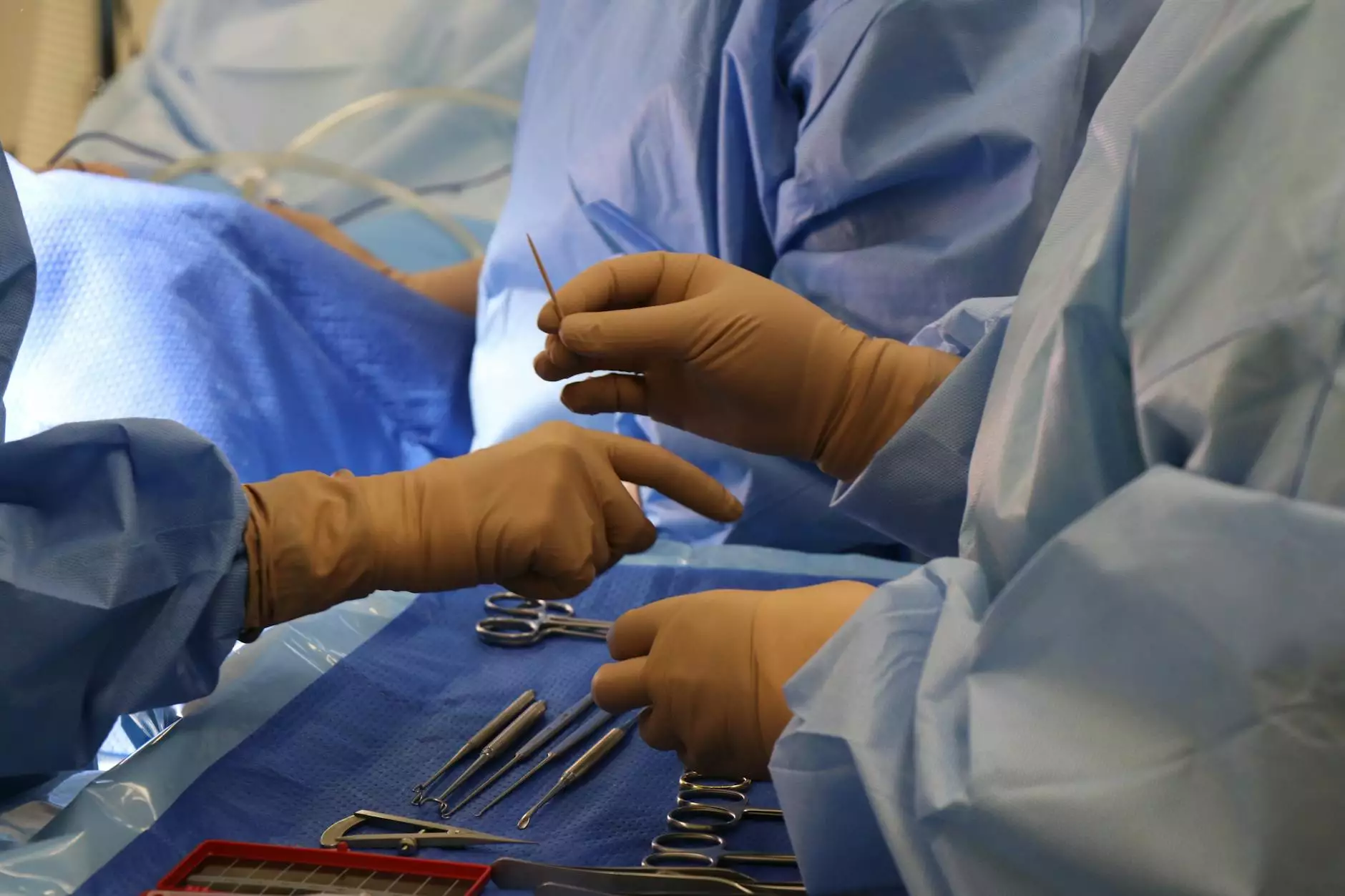Apert Syndrome

Understanding Apert Syndrome
Apert Syndrome is a rare genetic disorder classified under the umbrella of craniosynostosis, a condition where the skull's growth plates fuse too early. This early closure of the cranial sutures leads to abnormal head shape and facial abnormalities, affecting one in every 65,000 to 88,000 live births.
Symptoms and Presentation
Children with Apert Syndrome typically exhibit a varying range of symptoms, both craniofacial and systemic. The most prominent characteristic is the premature fusion of cranial sutures, which can result in a cone-shaped skull with bulging and widely spaced eyes. Other common craniofacial features include a high forehead, a beaked nose, underdeveloped midface, small jaw, and dental malocclusions.
Beyond facial abnormalities, Apert Syndrome can also affect the limbs. It often leads to abnormal fusion of fingers and toes, commonly referred to as "mitten hands" or "mitten feet." These fused digits can limit dexterity and require corrective surgeries to improve function. Additionally, individuals with Apert Syndrome may experience hearing loss and have respiratory issues due to the narrow airways associated with the condition.
Causes and Genetics
Apert Syndrome is primarily caused by a mutation in the FGFR2 gene, which plays a crucial role in normal bone and tissue development. This genetic mutation is typically sporadic, occurring spontaneously without any known family history. However, in rare cases, it can be inherited from an affected parent.
The FGFR2 gene mutation is characterized by the presence of specific amino acid substitutions that result in dysregulated signaling pathways. These disruptions alter the normal growth and development of bones, leading to the distinct features seen in individuals with Apert Syndrome.
Diagnosis and Treatment
Diagnosing Apert Syndrome is primarily based on physical examination and observation of characteristic craniofacial and limb abnormalities. Medical imaging, such as X-rays and CT scans, can be used to further assess the extent of cranial and skeletal involvement.
Early intervention is paramount in managing Apert Syndrome. Treatment typically involves a multidisciplinary approach, with specialists from various fields working together to address the different aspects of the condition. Craniofacial surgeries aim to correct cranial abnormalities and improve facial symmetry, while hand and foot surgeries help separate fused digits and enhance functionality.
In addition to surgical interventions, individuals with Apert Syndrome may require ongoing medical care, such as regular hearing and respiratory evaluations, orthodontic treatment, and psychological support to address potential psychosocial challenges.
Living with Apert Syndrome
Living with Apert Syndrome can present unique challenges, but with the right support and resources, individuals can lead fulfilling lives. It is crucial for those affected and their families to connect with appropriate medical professionals and support networks to ensure comprehensive care and access to necessary interventions.
Furthermore, early intervention and ongoing monitoring are essential to address any potential complications associated with Apert Syndrome. Regular follow-ups with healthcare providers will allow for timely interventions and adjustments to treatment plans as needed.
Foley James D MD – Your Trusted Healthcare Provider
At Foley James D MD, we are committed to providing exceptional care for individuals with Apert Syndrome. Our team of knowledgeable medical professionals specializes in the field of craniofacial disorders, ensuring that patients receive comprehensive and personalized treatment plans.
We understand the physical and emotional complexities associated with Apert Syndrome, and our goal is to support and guide patients and their families throughout their healthcare journey. With a focus on evidence-based practices and advanced surgical techniques, we strive to achieve the best possible outcomes for all our patients.
If you would like to schedule a consultation or learn more about our services, please visit our website or contact us directly. We are here to provide the guidance, care, and support you need.



